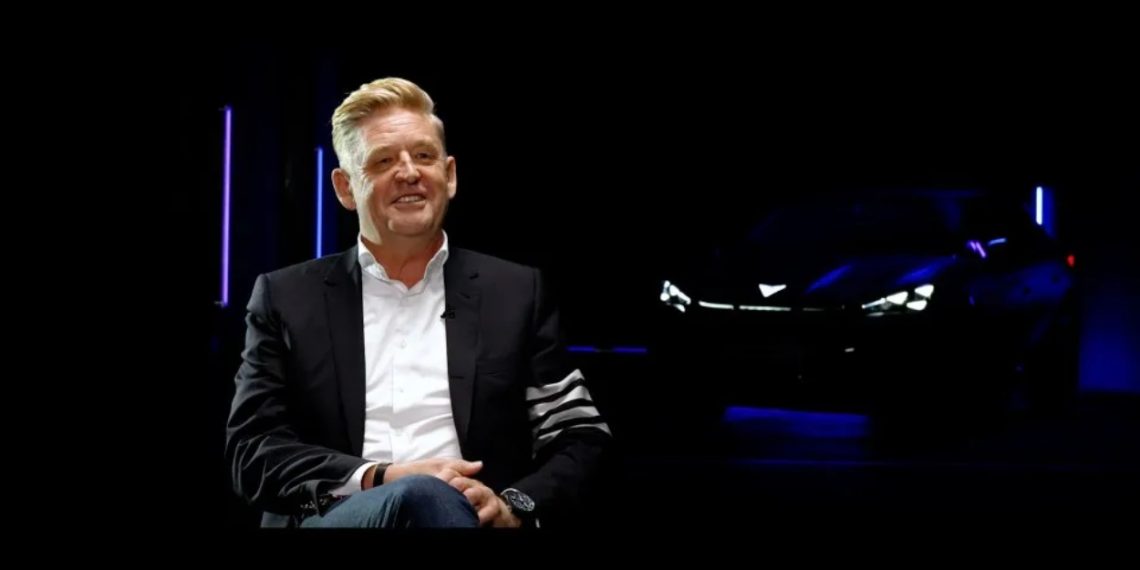The strongman of Seat and Cupra, Wayne Griffiths, is concerned about the current state of the automotive industry and has once again warned of the sector’s difficulties that may intensify with the arrival of new European regulations.
In a message recently published on LinkedIn, Wayne Griffiths reminds us that the “automotive industry is at risk. And so is Seat SA”.
“The results we have just presented are only a first example of the risk we face. The low demand for electric cars, combined with the lack of commitment from political representatives to promote awareness policies, tax incentives, and charging infrastructure, has resulted in only 13% of cars sold in Europe this year being electric. And in Spain, we barely reach 5%”, writes Wayne Griffiths in his message.
The strongman of the Spanish brands of the VW Group does not yet understand the imposition by the European Union of tariffs on their vehicles, such as the Tavascan, which are manufactured in China, as this could jeopardize Seat’s ability to meet European emission reduction targets.
“The impact that these policies could have on industrial production is being ignored. A reduction in the volumes of the Cupra Tavascan would jeopardize Seat SA’s ability to meet European CO2 reduction targets, facing unmanageable fines. This would mean the need to cut a quarter of the planned production of combustion vehicles in Martorell,” Griffiths reminded us.
Despite the uncertainties surrounding the commitment to electric mobility, the CEO of Seat and Cupra has no doubts about the path to take. “We continue and will continue to invest in the electrification of our company. There is no plan B. However, the competitiveness of the industry is seriously compromised, not only burdened by absenteeism – which has increased by 40% since 2018 – but also by the lack of a policy to promote and access renewable energies at competitive prices, which also jeopardizes new projects. We cannot forget that all these factors translate into a loss of financial stability for the company and, consequently, a significant risk to employment. We risk losing 10% of our country’s GDP and more than two million jobs. We need solutions now,” concludes Wayne Griffiths.










